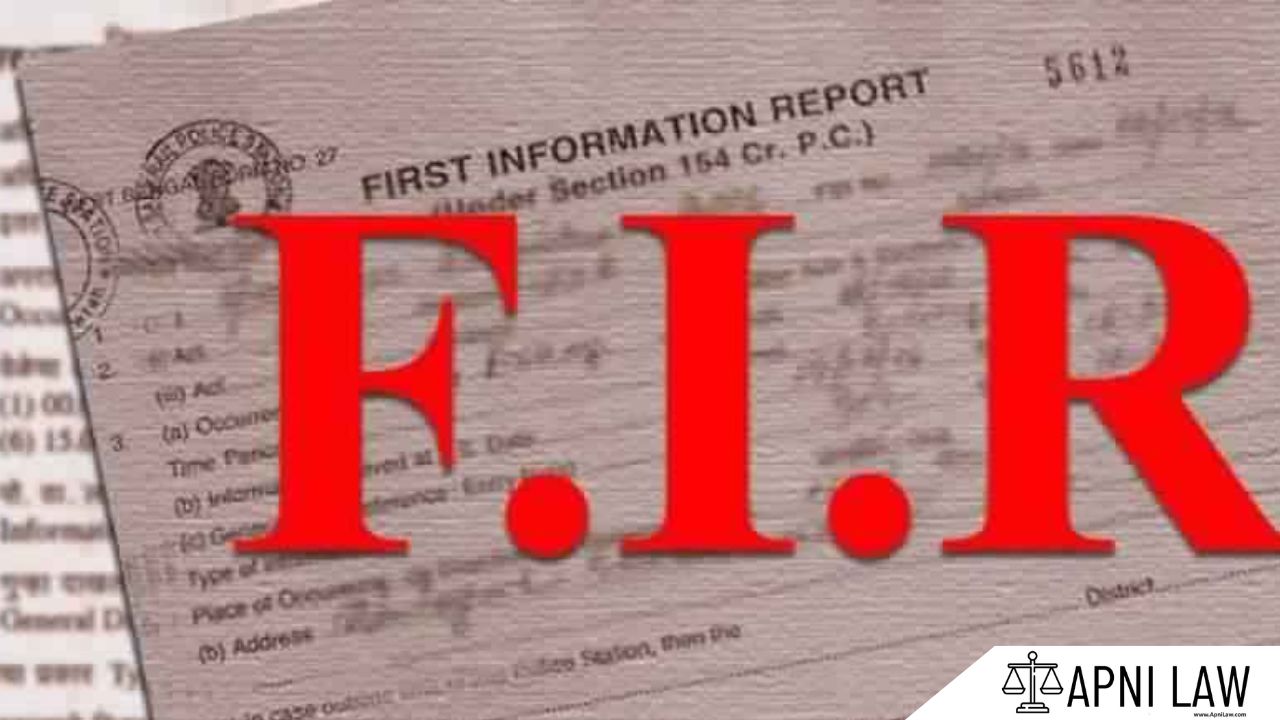CrPC Section 452: Property Disposal Order at Trial Conclusion
This section deals with the disposal of property involved in a criminal case uponthe conclusion of the trial.
1. Code:
Section 452 of the Code of Criminal Procedure, 1973 (CrPC)
2. Explanation:
After the trial is concluded and the court has passed its final order in a criminal case, it must decide what to do with the property that was involved in the case. This could include:
- Returning the property to its rightful owner: This happens when the property is found not to be related to the crime, or if the accused is acquitted.
- Confiscating the property: This happens when the property is found to be the proceeds of crime or used in the commission of the crime. The court may confiscate the property and order it to be disposed of as per law.
- Forfeiting the property to the government: This happens when the property is found to be connected to the crime and the accused is convicted. The court may order the property to be forfeited to the government.
The court must take into consideration the nature of the property, the circumstances of the case, and the interests of the parties involved before passing an order on the disposal of property.
3. Illustration:
Suppose a person is accused of stealing a car. The car is seized by the police during the investigation. After the trial, the accused is found guilty and sentenced to imprisonment. The court may order the car to be forfeited to the government because it was used in the commission of the crime.
4. Common Questions and Answers:
Q: Who has the authority to decide the disposal of property in a criminal case?
A: The court that tried the case has the authority to decide the disposal of property.
Q: What are the different ways in which property can be disposed of?
A: Property can be returned to its rightful owner, confiscated, or forfeited to the government.
Q: What factors does the court consider while deciding the disposal of property?
A: The court considers the nature of the property, the circumstances of the case, and the interests of the parties involved.






